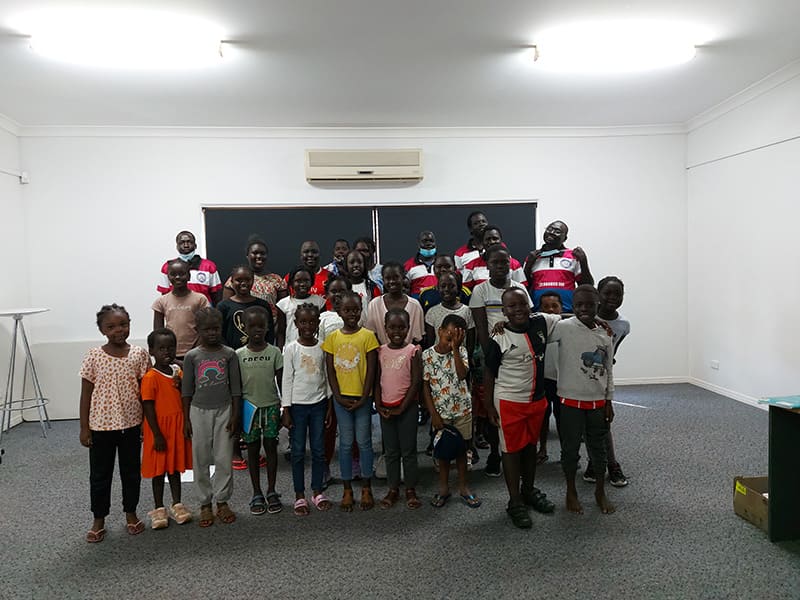The Resilient Journey: Life as a Refugee
- Peter Makuei
- July 13, 2023
- 6:53 am

Introduction:
The experience of being a refugee is marked by tremendous challenges, resilience, and the pursuit of a better life. Forced to flee their homes due to conflict, persecution, or other threats, refugees embark on a journey of uncertainty, seeking safety, security, and the opportunity to rebuild their lives. This article explores the realities of refugee life, highlighting the struggles they face, the strength they exhibit, and the importance of providing support and compassion to those in need.
The Refugee Experience:
Refugee life begins with a perilous journey, often characterized by unimaginable hardships. Fleeing their homes, refugees face treacherous terrains, long distances, and the constant fear of violence. They leave behind their belongings, loved ones, and the familiar surroundings that once defined their lives. The challenges continue upon arrival in a host country, where refugees navigate complex legal systems, language barriers, cultural adjustments, and the need to rebuild their lives from scratch.
Challenges and Resilience:
Refugees encounter numerous obstacles as they strive to establish a sense of stability and normalcy. They may face difficulties accessing healthcare, education, employment, and adequate housing. Language barriers can hinder their ability to communicate effectively, resulting in limited opportunities and social isolation. Furthermore, the psychological impact of their experiences, including trauma and loss, weighs heavily on their well-being. Despite these challenges, refugees demonstrate remarkable resilience, drawing strength from their determination to survive, their hope for a better future, and the support of their fellow refugees and compassionate individuals or organizations.
Integration and Contribution:
Integration plays a crucial role in the successful resettlement and well-being of refugees. Host communities and governments have a significant role to play in providing support, fostering inclusivity, and creating opportunities for refugees to rebuild their lives. Education and vocational training programs can equip refugees with skills necessary for employment, enabling them to contribute to their host communities and regain self-sufficiency. Promoting social integration through cultural exchange, community events, and initiatives that encourage interaction between refugees and locals fosters understanding, empathy, and a sense of belonging.
The Importance of Compassion and Support:
The plight of refugees calls for compassion and global solidarity. Providing humanitarian aid, safe havens, and legal protection to refugees is essential. Governments, non-governmental organizations (NGOs), and individuals can contribute by offering shelter, healthcare, education, and psychosocial support to help refugees rebuild their lives. Recognizing the potential and resilience of refugees and acknowledging their contributions to host societies not only empowers them but also enriches the communities that embrace diversity.
Conclusion:
The journey of a refugee is one filled with uncertainty, challenges, and the determination to overcome adversity. By shedding light on the experiences and resilience of refugees, we can foster understanding, empathy, and a collective commitment to providing support and opportunities for those forced to flee their homes. By extending compassion, creating inclusive societies, and recognizing the contributions of refugees, we can help them rebuild their lives and nurture a more compassionate and welcoming world.

